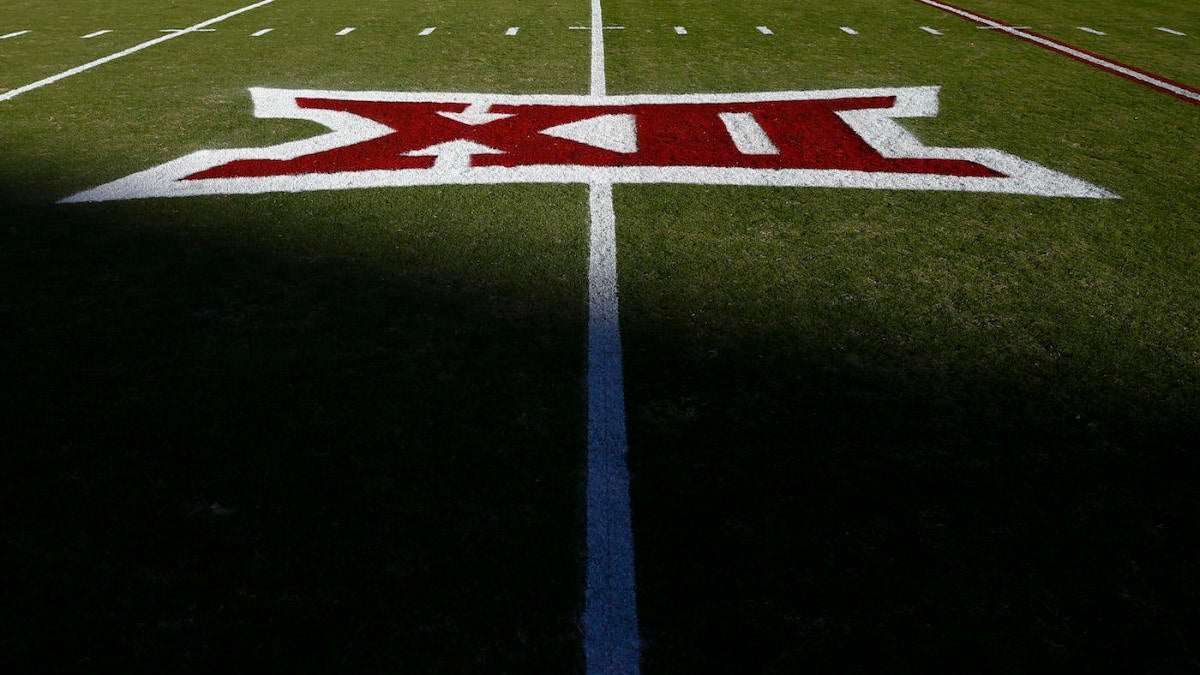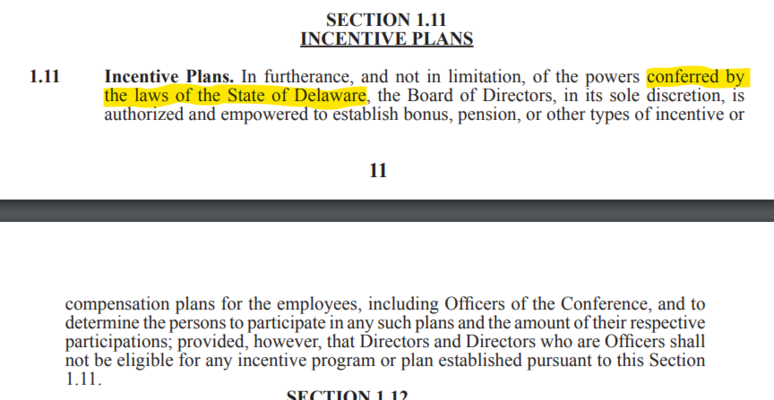There is no strawman. I simply explained the law to you. The jurisdiction for any lawsuit involving the GOR has already been decided. The B12 doesn't have the option to decide where to sue. It's expressly written in the GOR or some other controlling document. Now, it might be Delaware. But they won't sue in a court that they decide ... it is the jurisdiction that has been specified in the GOR. My guess it would be the state where the B12 HQ is located as that is likely deemed the most convenient for all the parties who might be involved in any lawsuits.
You are totally conflating the concept of "corporate contract adjudication" and "contracts in general." What Delaware is good at is adjudicating issues that deal with corporate governance per Delaware law. Many corporations incorporate in Delaware because their corporate laws - the laws dealing with the formation and running of corporations - are very corporation friendly. Lawsuits that deal with shareholder rights, by-law disputes, officer rights - in other words, lawsuits about the corporation itself, not the actions the corporation may have taken - are dealt with in Delaware because they are obviously very knowledgeable about that law.
But there is nothing magical about Delaware courts that make them able to interpret a contract about media rights - that is what the GOR is. Or, personal injury law in Nebraska, where a Delaware corporation's truck might hit you. In those cases, the local jurisdictions' law would control. Or do you still think that if you got hit by a Delaware corporation's truck in Nebraska, you would have to sue in Delaware?
I wasn't kidding when I said there is a whole area of law that lawyers specialize in called Conflicts of Law.
Conflict of laws - Wikipedia
Because I find this interesting ... conflicts of laws was an incredibly interesting class in law school taught by one of my favorite professors ... I did a little research on similar lawsuits. I looked at Maryland v. ACC, and West Virginia v. the Big East. In both those cases, the lawsuits were brought in the state in which the conference resided - North Carolina for the ACC, and Rhode Island for the Big East. In both instances, Maryland and West Virginia tried to have the cases removed and tried in their home state. A Maryland or West Virginia jury would likely be more favorable to the state school. Hell, the judges in those states probably went to those schools and might be more sympathetic to their alma maters. In both instances, it was found that the proper jurisdiction was in the states where the conferences were located.
So, once again ... jurisdiction is already decided. It will either be specified in the GOR, or the lawsuit will be in the state where the conference resides - Irving, Texas. The Big 12 won't be able to file the lawsuit and conduct it in Delaware.







